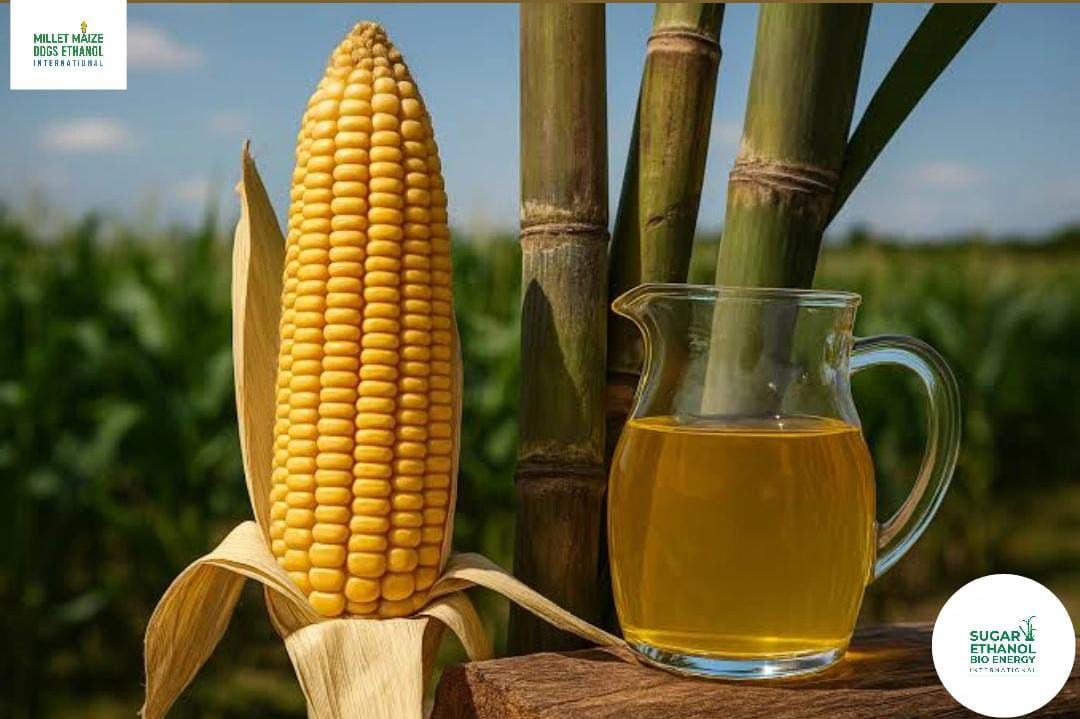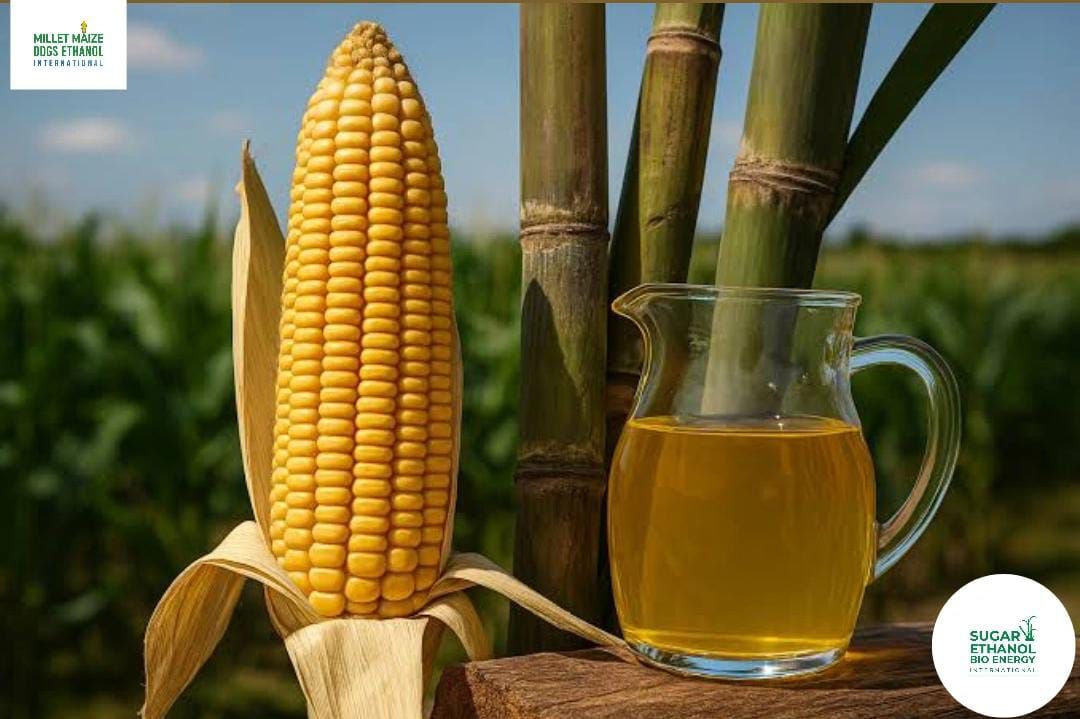www.sugarethanolbioenergy.com / mmdeinternational.com - 🇧🇷⚡🌽 Brazil on the Brink of a Historic Shift: Corn-Based Ethanol to Match Sugarcane by 2034, Transforming the Clean Energy Future! 🌱🔋🚀

Brazil is on the verge of a major transformation in its renewable energy sector. According to recent industry reports, corn-based ethanol production is projected to equal sugarcane ethanol output by 2034, marking a historic milestone for the world’s second-largest ethanol producer. For decades, sugarcane has dominated Brazil’s biofuel landscape, powering millions of vehicles and positioning the nation as a global leader in renewable fuels. However, the rise of **corn-based ethanol plants—especially in Brazil’s Midwest and Central-West regions—**is rapidly reshaping the country’s energy map.
Experts say this transition reflects both technological advancements and strategic investment in agricultural diversification. Corn ethanol not only utilizes surplus grain from Brazil’s booming agribusiness sector but also offers a consistent year-round production cycle, unlike sugarcane, which is seasonal.
Industry analysts believe this shift could strengthen Brazil’s energy independence, create new export opportunities, and contribute to global carbon reduction goals. It also positions Brazil as a key player in the future of clean, sustainable energy.With ongoing innovation, supportive government policies, and expanding global demand for low-carbon fuels, Brazil’s ethanol evolution could redefine the future of renewable energy across Latin America and beyond.
